
Author Alessandra Lewis with her family
By Alessandra Lewis
Feeling lost? You’re definitely not the only one. Alessandra Lewis reveals how overwhelming change led her to finding happiness.
In August 2023, I moved from a coastal town in England to Trentino in northern Italy with my parents and my brother. It was the start of one of the most transformative seasons of my life. I just didn’t know it at the time.
The conversations, the planning, the preparation: it all started over five years before. I’m half English and half Italian; growing up I spent many summers in Italy, visiting family and exploring this beautiful country.
After 20 years living in Dorset, we decided to switch the sea for Italian meadows and mountains. A change of lifestyle. A change of pace. Of course, I was excited. But most of all I was in denial. I was holding on so tightly to the last few months of my life

in England – in between working and packing boxes – that I didn’t want to miss anything by thinking too much about the future. By overthinking. By worrying.
I knew the move would bring an incredible amount of change, and I preferred to assume I was ready enough, rather than actually consider how prepared I was. My state of denial was a coping mechanism. And for me, it worked. Am I suggesting this is a good way of coping with life’s changes, big or small? Absolutely not. But, did it enable me to fully enjoy the last few months, before the move, with the people I love most? Yes. Yes, it did. And for that I’ll always be grateful.
You may be wondering why I’m divulging all of this. It’s simple really. At the time, to say I was a bit lost and confused would have been a huge understatement. Is it the right thing to do? What if I’m not happy there? Am I going to regret it? The truth is, even a month after moving, I still didn’t have answers to any of these questions. Everything felt overwhelming.
I was so happy to be in Italy; who wouldn’t? But being away from loved ones and adjusting to a new life here wasn’t easy. So, I took things one day at a time.That’s the thing about life, isn’t it? We’ll always be wondering whether we’re doing the right thing. And the answer will probably always be changing, just as life changes. But that’s okay.
New friends, new places, new ways of thinking. Just a few of the things I wouldn’t have discovered had we not moved. I also wouldn’t have settled on my ideal study path – writing – ultimately leading me to take Maggie Richards’ wonderful copywriting course. August 2023 may have been a month of big changes and doubts, but her masterclass provided certainty. And inspiration.
It’s in these moments – the ‘glimmers’ – when life feels good and things are looking up that we are reminded how important the tough moments are. After all, it’s often only because of them that we find where we’re truly meant to be.
 Alessandra Lewis is an aspiring multilingual copywriter with a love for books and exploring new places. Alessandra took Maggie Richards’ Introduction to Copywriting course, which runs monthly. The next one is in May and you can book here. Maggie also teaches City’s Writing for Business course which starts next week. As part of both courses, we offer students the chance to pitch a blog idea which, if successful, will be edited and published on our site. For more information about all our short courses, visit our home page HERE.
Alessandra Lewis is an aspiring multilingual copywriter with a love for books and exploring new places. Alessandra took Maggie Richards’ Introduction to Copywriting course, which runs monthly. The next one is in May and you can book here. Maggie also teaches City’s Writing for Business course which starts next week. As part of both courses, we offer students the chance to pitch a blog idea which, if successful, will be edited and published on our site. For more information about all our short courses, visit our home page HERE.




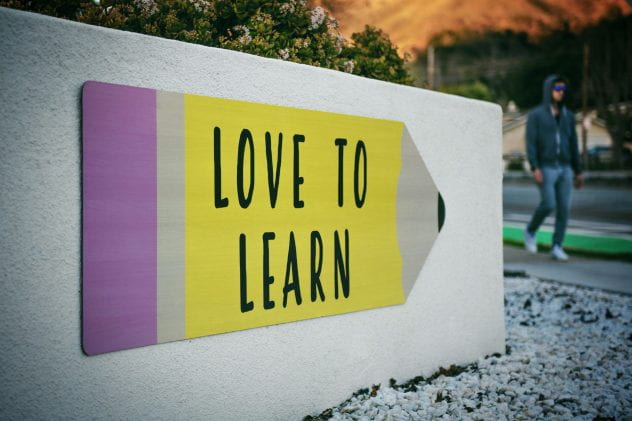



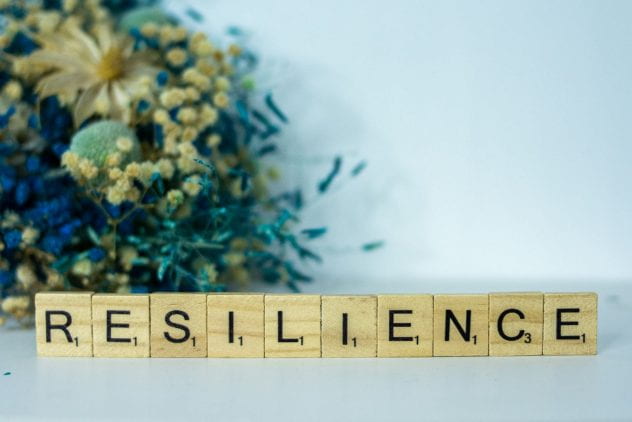



 Studying can become very time-consuming. Make sure you also get enough sleep, eat well and exercise. Meditation or mindfulness techniques can also be very beneficial. Take reguar breaks and allow yourself time to recharge to prevent burnout and maintain your overall well-being
Studying can become very time-consuming. Make sure you also get enough sleep, eat well and exercise. Meditation or mindfulness techniques can also be very beneficial. Take reguar breaks and allow yourself time to recharge to prevent burnout and maintain your overall well-being

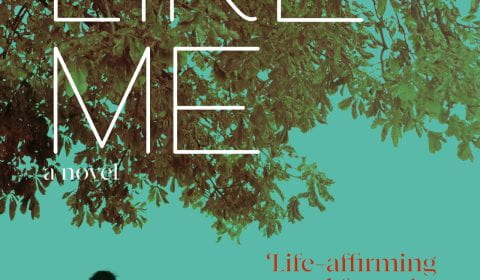


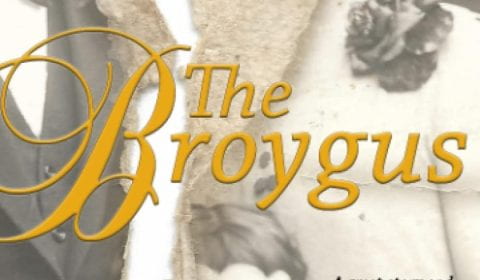

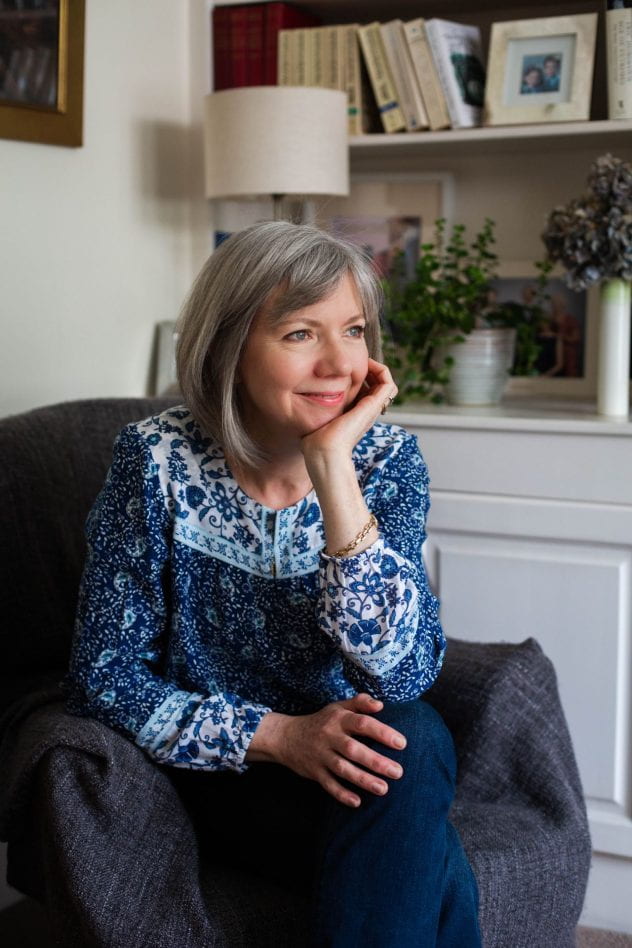

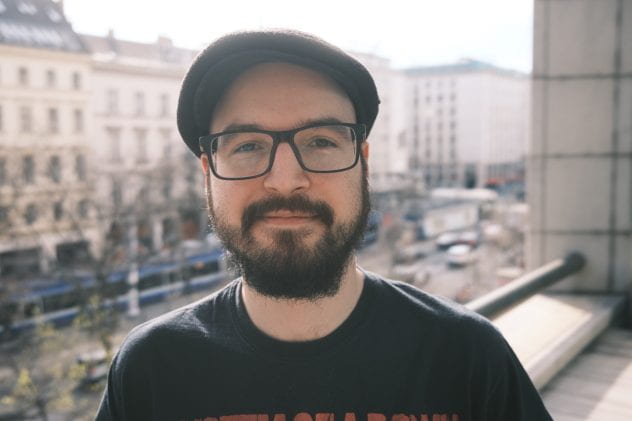







Recent Comments